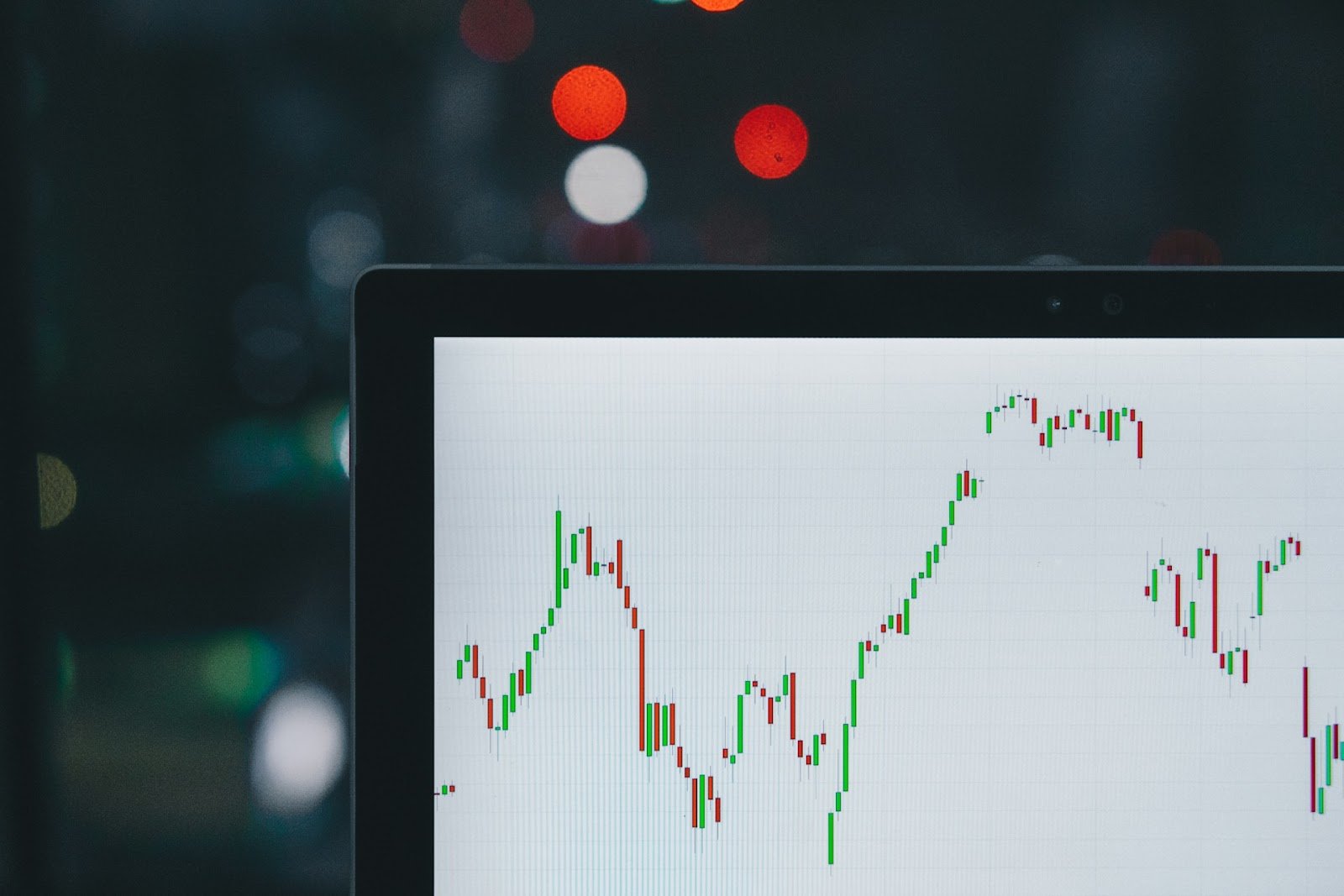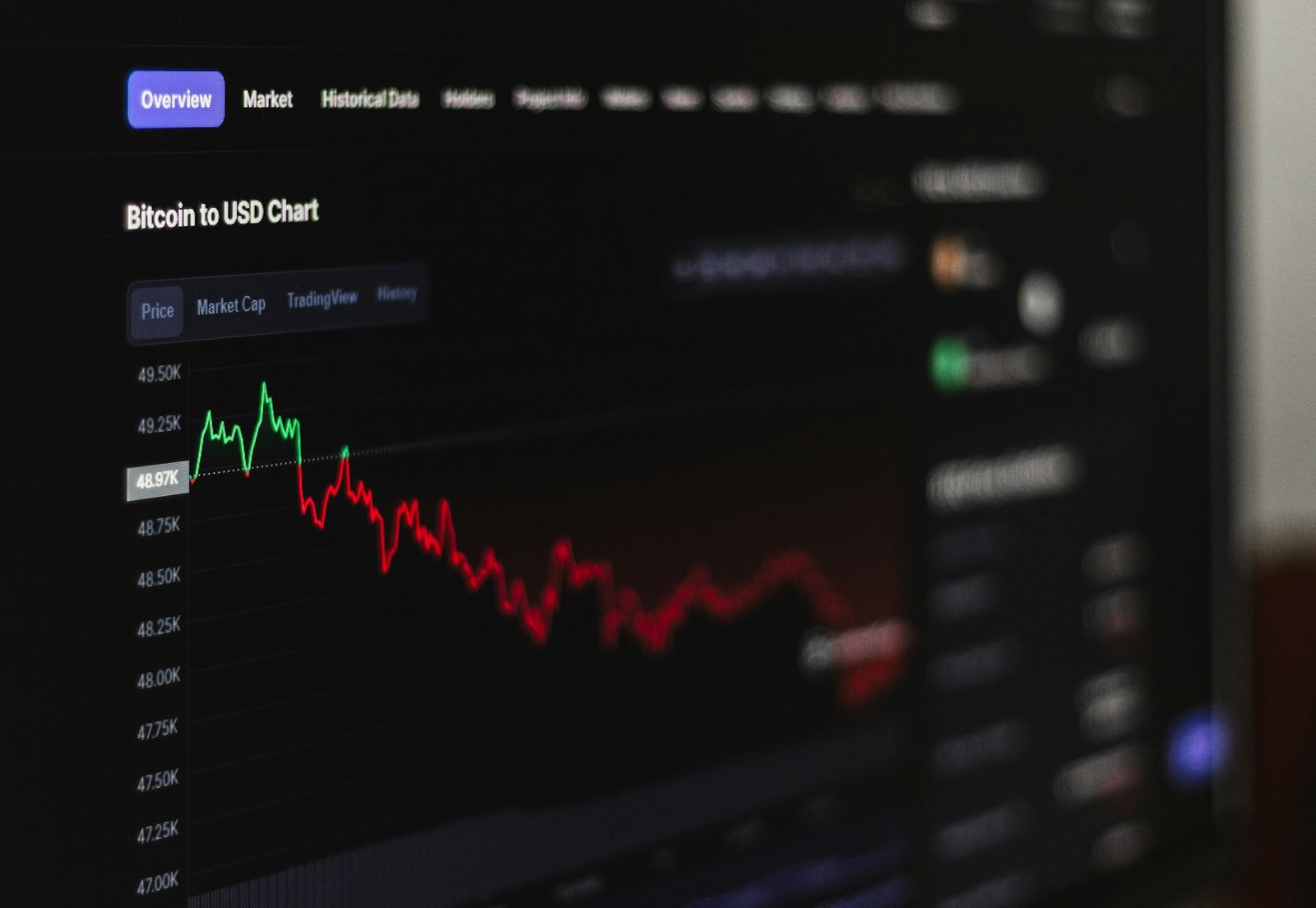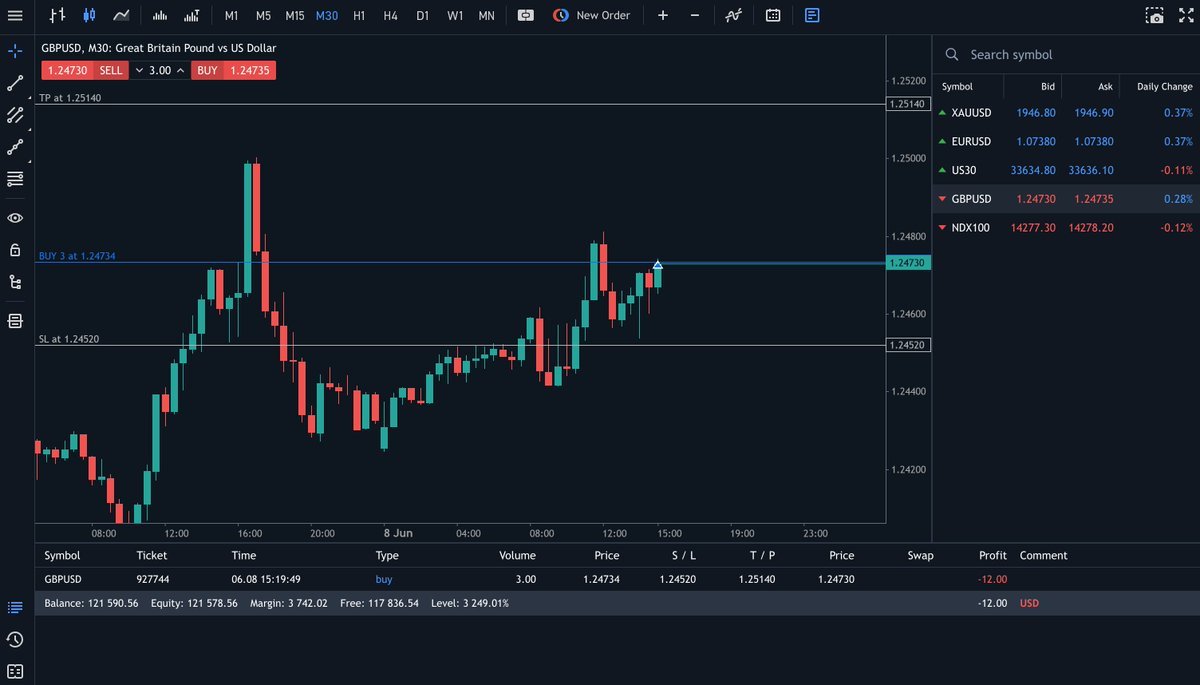In the past years, the trading industry has become more advanced through the help of technology, and the continued development of various data analytics tools. These tools are used in processing a large amount of data by predictive modelling, data cleansing, data integration, and real-time reporting. These alone can significantly explain why data analytical tools in modern trading are indispensable.
Data analytics tools are used by companies and individual traders to maximise their profit and optimise their performance. So, if you’re a new trader, you must be confused about the importance of data analytics tools in modern trading platforms. In this article, we’ll help you understand more about it, which can help you with your trading journey.
The Role of Data Analytics in Trading
As the trading industry moves forward, investors are doing their best to maximise their returns. Data analytics is a great way to transform, analyse, and extract vast numbers of data to uncover trends, patterns, and insights.
1. Define Market Trends
Data analytics tools can discover market trends and anticipate market movements based on real-time and historical data. In terms of analysing current trends, data analytics can spot the strategies that most traders and investors use. On the other hand, historical and current data are compared to spot market movements to anticipate.
2. Strengthen Risk Management
One of the most popular instruments in risk management is data analytics. Unlike traditional risk management methods, data analytics tools can identify risks through data. This allows traders to adjust their strategies.
Fortunately, nowadays, trading platforms offer analytical tools. For instance, the TradingView platform comes with real-time market data, technical indicators, and advanced charting.
3. Optimise Trade Execution
In terms of execution, traders can choose the right time to execute their orders at an ideal price, which can help reduce additional costs and slippage.
4. Generate Alpha
Machine Learning (ML) models allow traders to develop data-driven strategies that can adapt to market changes. These strategies can yield better results as they have enough resources to back them up.
Data Analytics Tools in Trading Platforms

Here are some of the best benefits of utilising analytics tools:
1. Visualise Real-Time Market Data
Real-time analytics is significantly helpful, especially for new traders. Usually, there are charts and interactive dashboards that offer a clear interpretation of current market trends and insights.
2. Predictive Analytics Models
As mentioned, Machine Learning (ML) algorithms are becoming more popular nowadays due to their ability to predict outcomes and future trends based on historical and current data.
3. Sentiment Analysis Tools
Do you also consider market sentiments in creating trading strategies and planning your trades? Fortunately, there are sentiment analysis tools that allow you to understand the market sentiment towards a specific market sector or asset.
4. Algorithmic Trading Systems
Trading platforms, such as TradingView and MetaTrader offer tools that can execute trades based on the predetermined criteria. So, if ever there are significant market changes that can affect your trades, you can add a rule to close your trade when that happens.
Benefits of Data Analytics in Trading
1. Informed Decision-Making
Traders should make decisions based on data-driven insights. However, it may take most of their time if they traditionally process data. Fortunately, you can exact the information you need from a huge pile of data with just a few clicks.
2. Increased Efficiency
As a trader, you need to be as quick as possible. With the help of automated analytics tools, you won’t have to do repetitive tasks and standardise the process.
3. Competitive Edge
The more analytics tools you utilise, the more competitive you can be. Whether you’re a beginner in the trading industry or have been doing this for quite some time, it’s recommended to explore various analytics tools.
4. Improved Risk Mitigation
Mitigating potential losses is another benefit of using analytics tools in modern trading. It allows you to adapt to the volatile markets, and stay updated with the current market conditions.
Challenges and Considerations

Although utilising data analytics tools offers various benefits, they also come with challenges:
1. Data Quality and Accuracy
Solely relying on data analytics tools may lead to problems with accuracy and data quality. So, if you’re looking for a trading platform, make sure it’s reliable. At the same time, you should always double-check the sources of data.
2. Complexity and Learning Curve
Although using analytics tools can significantly help advance your trading game, there are many things you should do first. Some of these include learning to use the tools and finding the right resources that can help you improve.
3. Regulatory Compliance
Not all data analytics tools are certified. Since there are various options, you should first identify if they adhere to financial regulations. Otherwise, you might end up losing all your hard work and money.
4. Overfitting in Models
In some cases, relying solely on historical data may not be the best idea since it may work on backtesting but not on the actual market.
The Future of Data Analytics in Trading
Data analytics seems advanced now, but it’ll still develop in the future. Moving forward, you can expect trends, such as big data integration, AI-powered insights, and Decentralised Finance (DeFi) analytics.
Final Thoughts
Integrating data analytics tools in modern trading platforms plays a significant role in the financial markets. By knowing and understanding the advantages and challenges these tools may offer, you can manage to use them efficiently and effectively.
















Leave a Reply